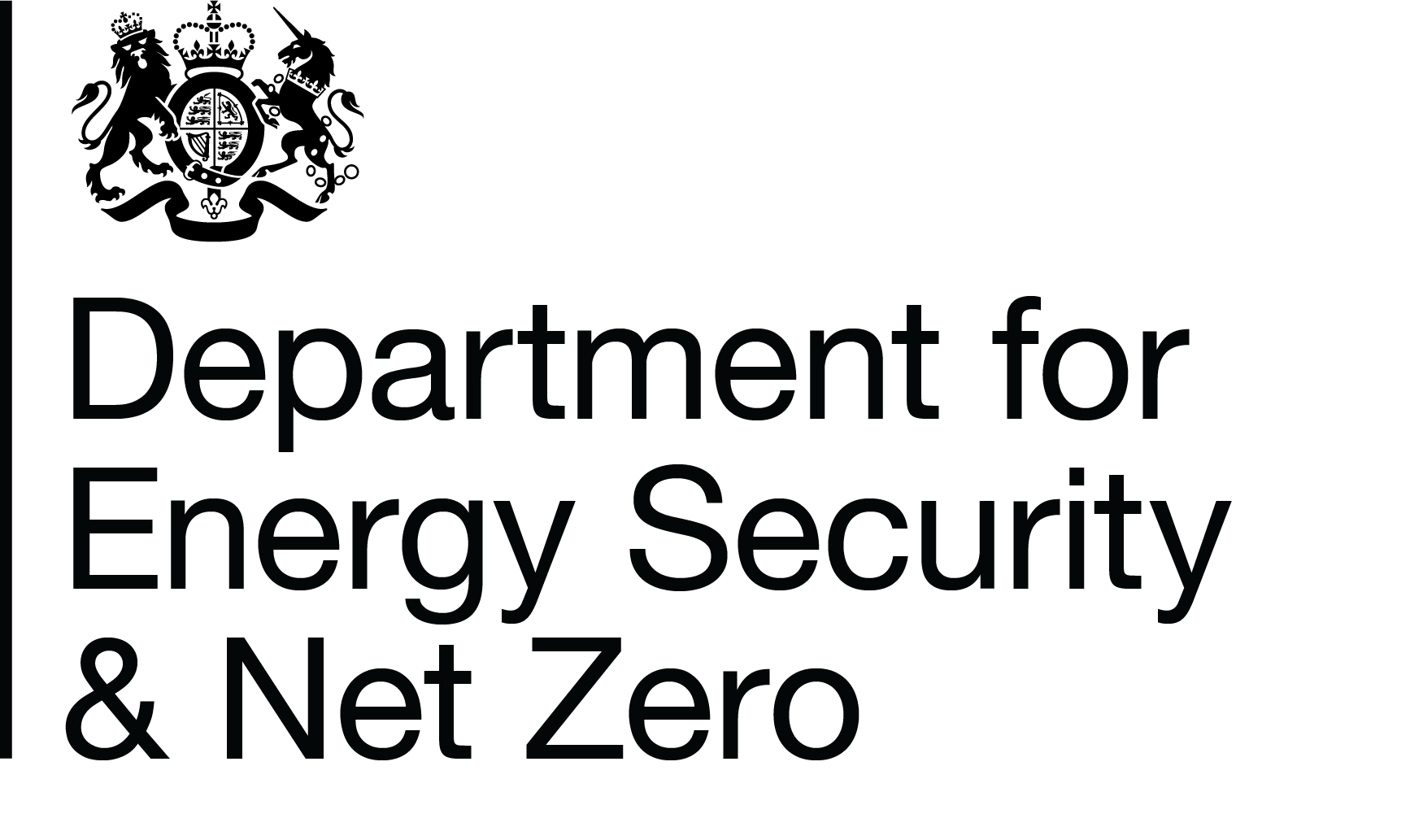Good work: the Taylor review of modern employment practices - Consultation on measures to increase transparency in the UK labour market
Overview
In July 2017, The Review of Modern Working Practices was published, which included 53 recommendations. The review considered a range of issues, including the implications of new forms of work, the rise of digital platforms and the impact of new working models on employee and worker rights, responsibilities, freedoms and obligations.
The review noted that the UK labour-market is characterised by flexibility, meaning that individuals and businesses are free to agree terms and conditions that suit them best. It highlighted the benefits of this model, with the UK being in a position of overall strength. Employment levels are at record highs and comparatively we perform well internationally.
Flexibility has been a key part of enabling business to respond to changing market conditions and has supported record employment rates. Individuals have the opportunity to work in a range of different ways, on hours that fit around other responsibilities. However, one of the issues raised through the review was that some employers seem to use this flexibility to transfer risk to workers, and there is no corresponding benefit to the worker from the flexible arrangement.
We need to ensure that we strike the right balance between maintaining the flexibility in the labour market that the review so rightly championed, whilst equally ensuring that, in a changing work environment, workers are afforded the necessary rights and protections, and have access to the information they require.
The review highlighted a number of areas where individuals and businesses would benefit from greater transparency around contractual arrangements, and made a number of recommendations aimed at achieving this. This consultation will focus on those areas in more detail.
Audiences
- SMEs (small and medium businesses)
- Large businesses (over 250 staff)
- Business journalists
- Trade bodies
- Legal representative
- Medium business (50 to 250 staff)
- Micro business (up to 9 staff)
- Small business (10 to 49 staff)
- Trade union or staff association
- Employment lawyers
- Employment advisers
- Businesses
- Individual employees
- HR professionals
- HR organisations
- Further Education Colleges
- Further Education students
- Further Education sector representative body
- Universities
- Students
- University staff
- Universities
- Thinktanks
- Freelance researchers
- Parents
- Students
- General public
- Older people
- Younger people
- Disability groups
- Local government
- Central government
- Individual
Interests
- Workplace rights
- Shared parental leave
- Flexible working
- National Minimum Wage
- Productivity
- Regulation
- Simplification

Share
Share on Twitter Share on Facebook